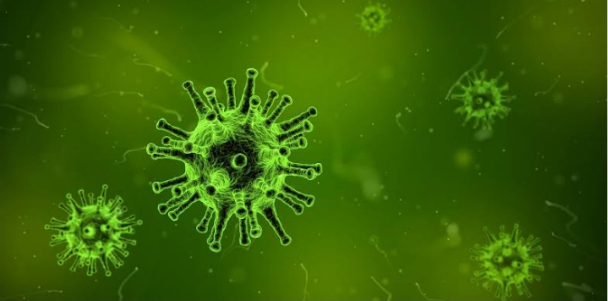Medical Expert Encourages Collaborative Global Action to Tackle Microbial Threats
Professor Abdulazeez Abubakar, a respected expert in Public Health Microbiology and Parasitology at the University of Medical Sciences (UNIMED) in Ondo, is advocating for a unified global approach to confront microbial threats effectively.

In a recent interview with news men at the Laje Campus in Ondo City, he highlighted the importance of creating a supportive environment for impactful research. He believes that proactive collaboration between governments and researchers is key to achieving meaningful progress in this area.
Prof. Abubakar emphasizes that building multidisciplinary partnerships at both local and international levels is crucial for addressing the complex challenges posed by microbial threats. He calls on governments to strengthen their preparedness for future epidemics and pandemics, drawing valuable lessons from past experiences with COVID-19, Ebola, and Lassa fever.
“Microbes are present throughout our environment—in the air, water, and soil. They are often found in our food, beverages, meats, and various household surfaces,” he explained.
He discusses the potential dangers posed by harmful microbes, shedding light on their defense mechanisms, such as beta-lactamase enzymes, serotoxin production, and H antigens. To mitigate their impact on human health, he advocates for effective strategies that promote hygiene and environmental sanitation as fundamental measures in controlling their spread.
Drawing from his extensive research, Prof. Abubakar offers a constructive perspective on the ongoing challenge of microbial resistance. He emphasizes that adherence to hygiene and sanitation practices is vital for safeguarding public health.
“We must work together to ensure we are prepared for future challenges,” he said.
Reiterating the need for a conducive research environment, Prof. Abubakar encourages governments and research institutions to collaborate across disciplines and borders, fostering innovation and resource-sharing to combat microbial threats.
He calls on all stakeholders to prioritize investments in research, innovation, and global partnerships, laying the groundwork for effective prevention of future microbial crises. Through collaboration and commitment, we can build a healthier, safer future for all.
COMMENTS